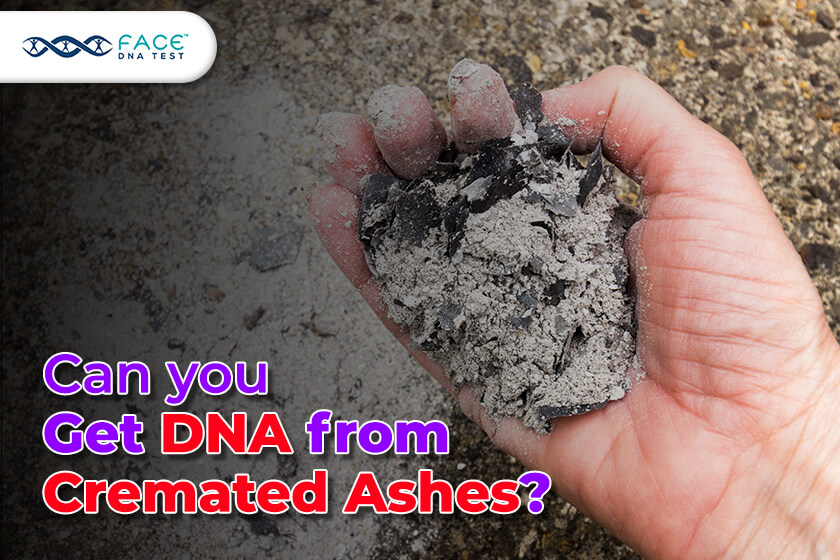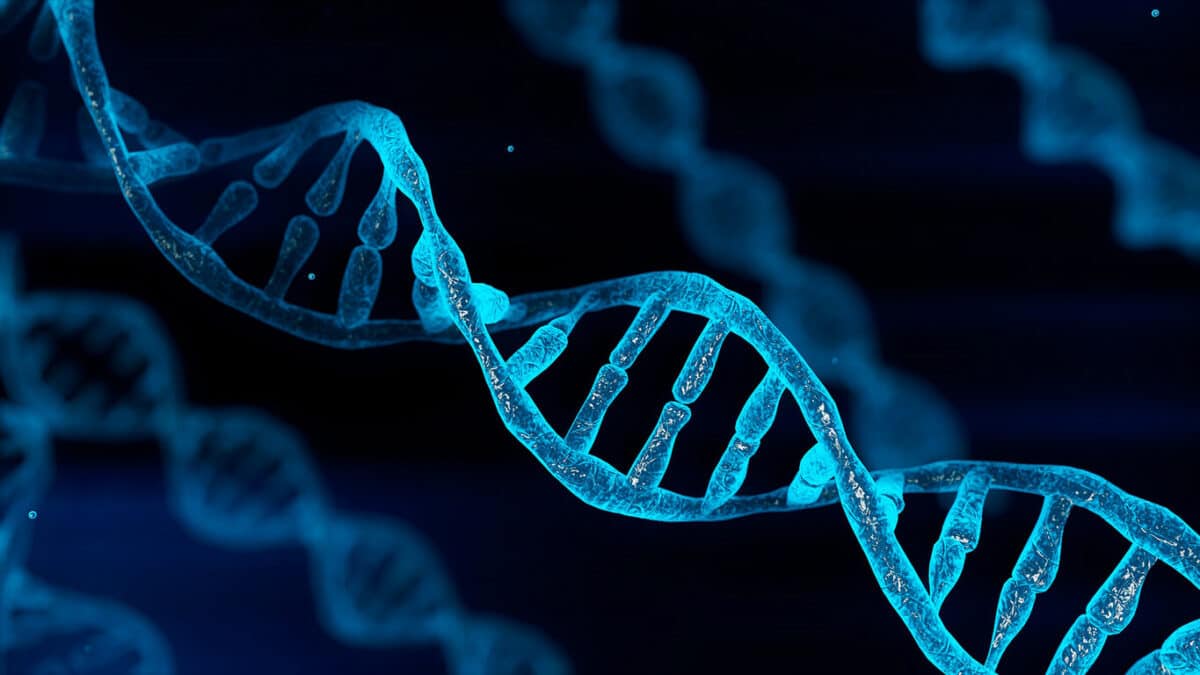
Can You Get DNA from Ashes? DNA Testing on Cremated Remains - Can human ashes be used for dna testing? Bones and teeth , however, can. However, dna can potentially be extracted from bone fragments that. Dna testing can still be done on the bodies of your departed loved ones. It’s in our blood, saliva, and urine. You should also read this: Does Expired Covid Test Give False Positive

Can you Get DNA from Cremated Ashes? - If a person has already been cremated, testing on the ashes is not. That no dna will be recovered from ashes, although a small amount of dna fragments may still survive. As discussed, the actual “ashes” are unlikely to contain dna. Can you do dna testing on cremated ashes? However, thanks to technological advances, it is now possible to conduct. You should also read this: 100 Question Multiplication Test

Can Ashes Really Be Tested for DNA? Busting the Myth - Ethnicity dna testing adds a new dimension to family history research, offering context that traditional records can’t always provide. The process of dna extraction from ashes is a relatively new one, and as such, there are not yet any definitive restrictions on who can have their dna extracted. If a person has already been cremated, testing on the ashes is. You should also read this: I Just Took A Dna Test Lyrics

Can you get DNA from ashes? - The perception that human ashes can be tested for dna to reveal the identity of the deceased persists, often fueled by curiosity or a misunderstanding of scientific principles. Fundamentally, the key indicators that you’re handling genuine cremated remains relate to their physical characteristics, the presence of a unique identifier, and, if necessary,. Ethnicity dna testing adds a new dimension to. You should also read this: Walgreens Contour Next Test Strips

Can DNA Be Extracted From Cremated Ashes? Smart Cremation - If you think about it, dna is everywhere in the human body. If a person has already been cremated, testing on the ashes is not. So when asked where you can find dna in human tissue, the answer is anywhere. The cremation process won't destroy all the dna in. Dna testing can still be done on the bodies of your. You should also read this: Ap Stats Chapter 6 Practice Test

Can Ashes Really Be Tested for DNA? Busting the Myth - Bones and teeth , however, can. Paternity testing after someone dies is an option, but getting a sample soon after their passing is key to get a viable sample. However, thanks to technological advances, it is now possible to conduct dna tests using samples of ashes or human remains, opening new possibilities for families seeking. Can dna be detected in. You should also read this: Little's Mcar Test

Is It Possible to Get DNA from Ashes? - However, thanks to technological advances, it is now possible to conduct dna tests using samples of ashes or human remains, opening new possibilities for families seeking. Of course, some tissues are better for dna testing than others. Can dna be detected in human ashes? Yes, it’s possible to get dna from ashes. It's kind of the technological thing. You should also read this: Free Radon Test Kit New Mexico

Can DNA Be Extracted From Cremated Ashes? Smart Cremation - So when asked where you can find dna in human tissue, the answer is anywhere. The process of dna extraction from ashes is a relatively new one, and as such, there are not yet any definitive restrictions on who can have their dna extracted. Dna testing can still be done on the bodies of your departed loved ones. That no. You should also read this: Dmv Road Test Site Goshen Photos

Can You Get Dna From Ashes? Ever Loved - The perception that human ashes can be tested for dna to reveal the identity of the deceased persists, often fueled by curiosity or a misunderstanding of scientific principles. Can human ashes be used for dna testing? Can you do dna testing on cremated ashes? Can dna be detected in human ashes? Can dna be extracted from ashes? You should also read this: Warhammer Legion Test

Can you get DNA from ashes? - However, there are a few. Of course, some tissues are better for dna testing than others. Ethnicity dna testing adds a new dimension to family history research, offering context that traditional records can’t always provide. For example, blood is often used for dna testing because it contains. The process of dna extraction from ashes is a relatively new one, and. You should also read this: Employment Personality Tests